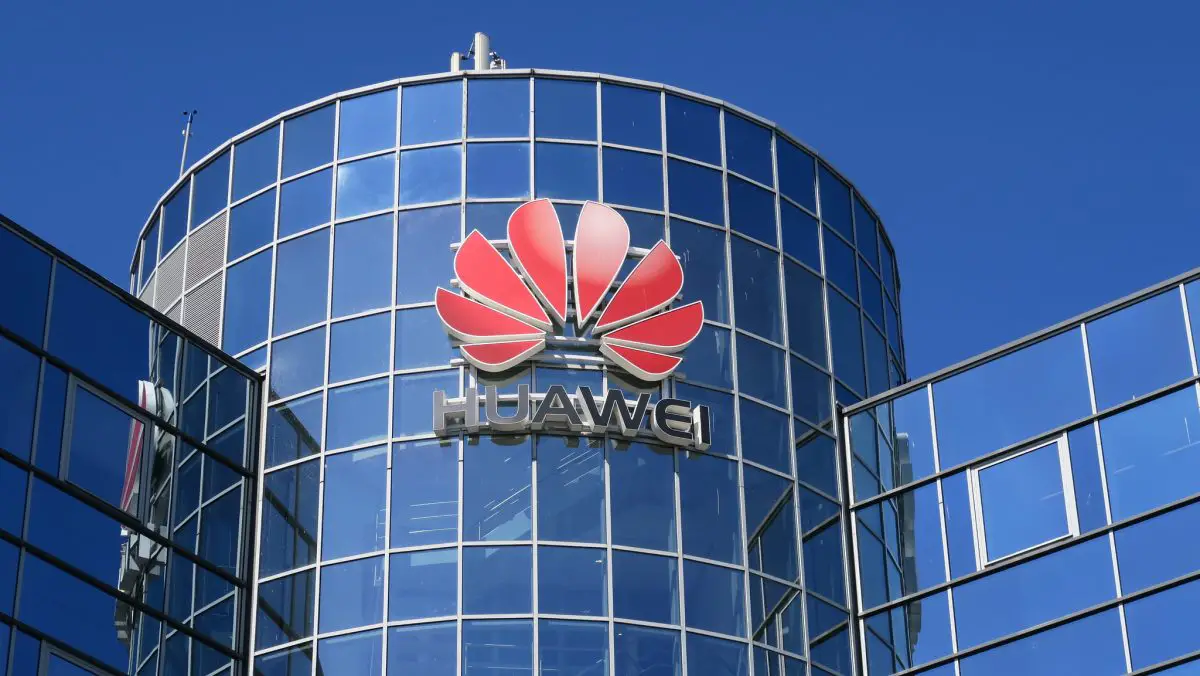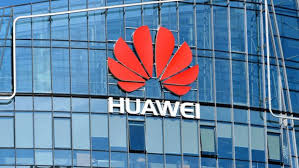Huawei prepares its own semiconductor factory. The U.S. veto hit hard on Huawei. Since they cannot collaborate with American companies to manufacture their own products, they have been deprived of many components, services and technologies. The Chinese manufacturer could now be preparing its own factory to avoid further dependence on them.
- The U.S. will allow companies to sell components to Huawei, as long as they are not compatible with 5G
- Unofficial Huawei Mate 40 teardown video is here
- The U.S. will allow Samsung to supply its panels to Huawei
Huawei has plans to set up a dedicated chip plant in Shanghai. With this, the company could be assured of creating chips without having to depend on external factors such as U.S. permits and licenses to companies that collaborate with Huawei.
Huawei prepares its own semiconductor factory but they have no experience in this field, so it is believed that will collaborate with Shanghai IC R&D Heart. Shanghai IC R&D Heart is a company with experience in the sector that is supported by the municipal authorities of Shanghai. If the plan goes well, Huawei will have an essential part secured for its future products.

The plan for the next few years, if all this is true and not just rumors, is to start with large architecture chips and work its way down to the technology of the rest of the competitors. This means for example to start with 45 nm chips of low range and for the next year to go down to 28 nm that can be used in televisions and other products of the brand. By the end of 2022, the idea is to go down to 20 nm and use those chips in the company’s 5G infrastructure.
What about the phones? Here it’s more complicated, you need more powerful chips with a lower architecture to reach the level of those currently used by Qualcomm, Apple or Samsung. To put things in context, TSMC (which manufactures for the previous three) is already going for 5 nm and has 3 nm plans in the short term.
Huawei prepares its own semiconductor factory. If the goal is to make smartphones and other Huawei products entirely with domestic technology, they still have a few years to go. A fully owned chip is a big step in that direction.





